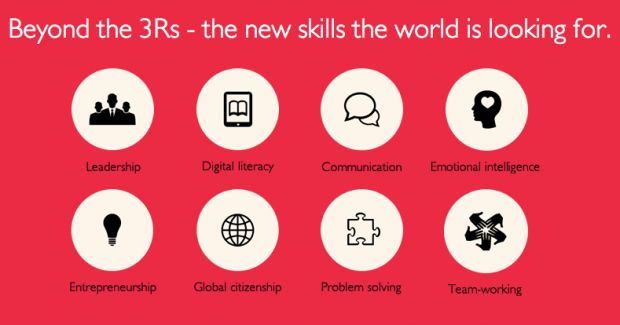”
From the University of Washington: “Structural brain differences between children with dyslexia and dysgraphia and children who are typical language learners have been observed…Researchers say the findings prove that using a single category of learning disability to qualify for special education services is not scientifically supported.”
In a recent misplaced effort by the American Psychiatric Association, the latest update of the DSMV proposed lumping dyslexia under the general category of SLD or Specific Learning Disability. The problems are multiple, but the practical dilemma faced by students and teachers is that if differences aren’t named or recognized, chances are the solutions aren’t either.
 What Berninger and her colleagues have found are different neural signatures for dyslexia and dysgraphia: “contrasting patterns of white matter integrity between dyslexia and dysgraphia was the greater perpendicular radial diffusivity in seven brain regions on the right in dyslexia but left in the dysgraphic group.” Discussing this research, Berninger added: “the two specific learning disabilities are not the same because the white matter connections and patterns and number of gray matter functional connections were not the same in the children with dyslexia and dysgraphia — on either the writing or cognitive thinking tasks.
What Berninger and her colleagues have found are different neural signatures for dyslexia and dysgraphia: “contrasting patterns of white matter integrity between dyslexia and dysgraphia was the greater perpendicular radial diffusivity in seven brain regions on the right in dyslexia but left in the dysgraphic group.” Discussing this research, Berninger added: “the two specific learning disabilities are not the same because the white matter connections and patterns and number of gray matter functional connections were not the same in the children with dyslexia and dysgraphia — on either the writing or cognitive thinking tasks.
Federal law guarantees a free and appropriate public education to children with learning disabilities, but does not require that specific types of learning disabilities are diagnosed, or that schools provide evidence-based instruction for dyslexia or dysgraphia. Consequently, the two conditions are lumped together under a general category for learning disabilities, Berninger said, and many schools do not recognize them or offer specialized instruction for either one.
“There’s just this umbrella category of learning disability,” said Berninger. “That’s like saying if you’re sick you qualify to see a doctor, but without specifying what kind of illness you have, can the doctor prescribe appropriate treatment?”
“Many children struggle in school because their specific learning disabilities are not identified and they are not provided appropriate instruction.”
Read the Berninger group’s original research paper HERE.
Read The Problem with Schools Not Identifying Dyslexia.
There are other interesting tidbits in the paper, for example the observation of “the dyslexia group’s strong functional connectivity than the control group during resting state (default network)”. The authors interpreted this observation only in a negative or deficit-focused framework, but of course, the default network has a strong role in creative problem solving and mental simulation.”
http://blog.dyslexicadvantage.org/2015/05/20/got-science-dyslexia-and-dysgraphia-are-different-and-why-sld-should-rip/



